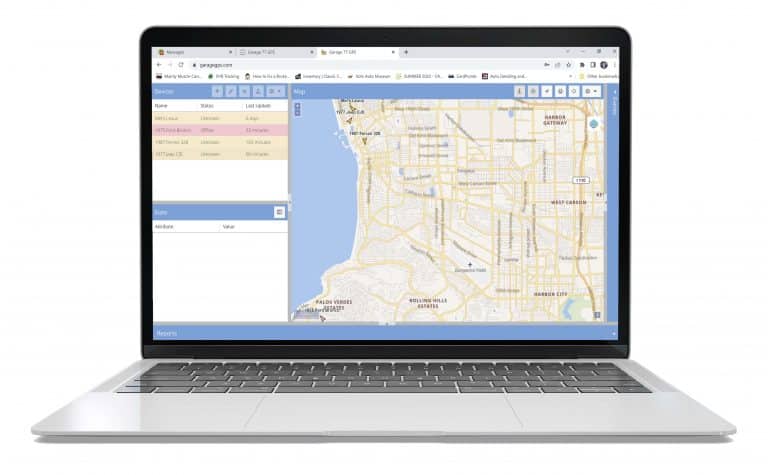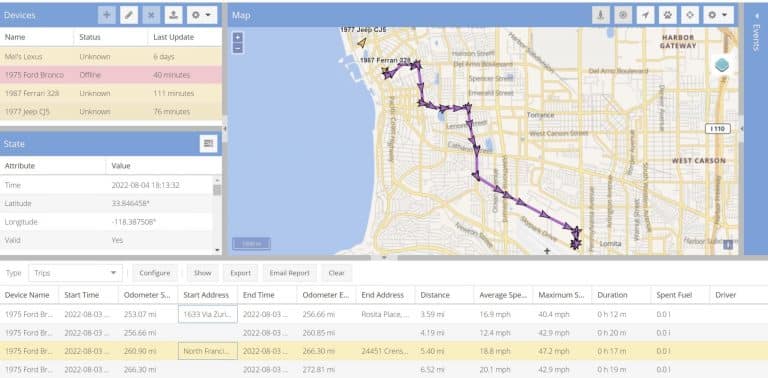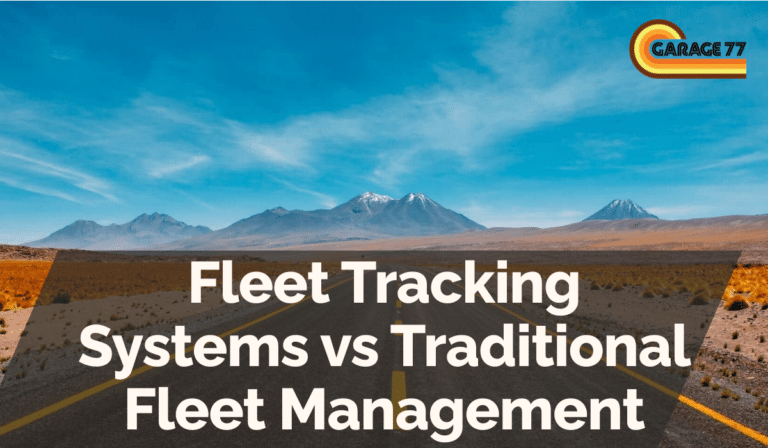The technology industry has grown exponentially over the years bringing forth innovations that have shaped the world we live in today, one such innovation being the GPS fleet tracking technology. From its conceptualization in the 1960s to now, fleet management has become increasingly automated and efficient because of the evolution of GPS fleet tracking technology. It has redefined the ways companies track and manage their fleets, enhancing productivity, saving costs and ensuring safety in the process.
The Origin of GPS Fleet Tracking Technology
In the initial stages, GPS, which stands for ‘Global Positioning System’, was first developed in the 1960s by the US Department of Defense for military navigation. However, this technolgoy was not avaiable for civil use until the 1980s. It comprised of 24 satellites in space that sent signals allowing receivers on earth to calculate their exact position.
Integrating GPS Technology with Fleet Management
With growing technology and business needs, companies with a large fleet of vehicles began integrating GPS technology into their operations. They initially used it for basic tracking and navigation. Over time, this technology evolved to provide data analytics, real-time tracking, and communication capabilities.
Emergence of Real-Time GPS Fleet Tracking
As technology advanced, GPS tracking became more real-time and accurate. It began to offer real-time updates on location, speed, and direction, allowing fleet managers to monitor every detail of their fleet’s operations. This software helped businesses minimize unproductive work, improve routing efficiency, and cut costs.
The Added Advantage of Data Analytics
Today, GPS fleet tracking technology is not just about tracking location anymore, it provides insightful data analytics about the vehicle’s performance, fuel consumption and driver behavior. This data helps in making informed decisions, improving efficiency and ultimately leading to cost savings.
Top Benefits of Using GPS Fleet Tracking Technology
- Enhanced Efficiency: Real-time tracking helps in better routing and dispatch, leading to significant time savings.
- Safety Assurance: It provides alerts for unsafe driving behavior, which promotes safer driving practices.
- Cost Savings: It helps in reducing fuel consumption and maintenance costs through efficient routing and monitoring of vehicle health.
GPS Tracking Future Trends
As technology continues to advance, GPS fleet tracking will likely see more enhancements that will revolutionize fleet management even further. Concepts like AI integration, predictive analytics for maintenance, and electric vehicle tracking are being discussed and could soon be a reality.
FAQs
What is a GPS Fleet Tracking System?
A GPS fleet tracking system is a digital tool used by businesses to monitor and manage their fleet of vehicles. It uses GPS technology to provide real-time location tracking and data analytics to improve operational efficiency.
How Does GPS Fleet Tracking Help Businesses?
By providing real-time tracking and fleet analytics, businesses can enhance efficiency, reduce costs, and promote safer driving practices. It also makes dispatch and delivery management easier and more efficient.
Conclusion
The evolution of GPS fleet tracking technology has revolutionized fleet management processes, and will continue to do so in the future. From basic positional tracking to insightful analytics, this technology has paved the way for operational efficiency and reduced business costs. As we proceed into the future, it seems clear that GPS fleet tracking technology will continue to advance, offering businesses even more benefits.







